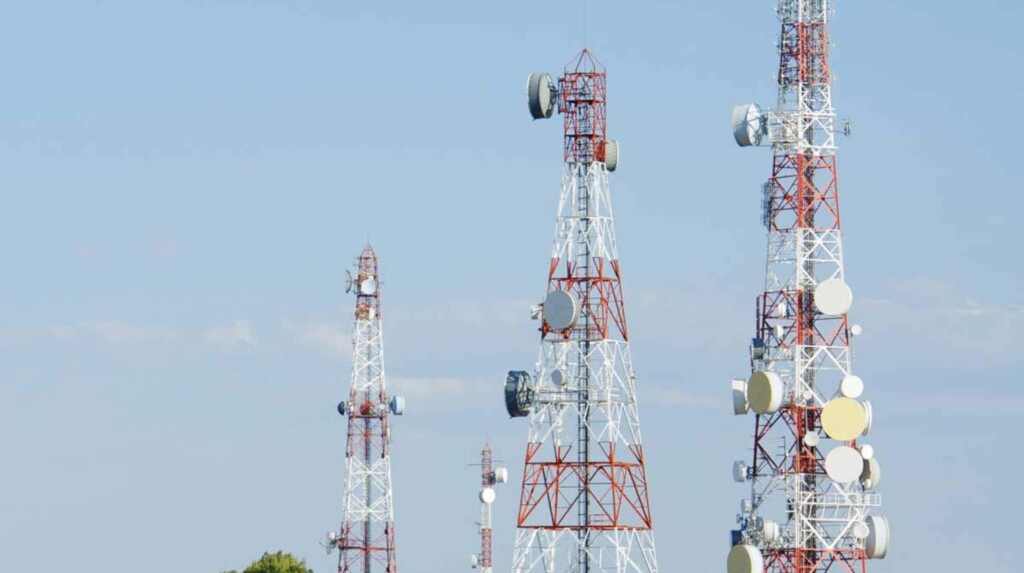IIFL Securities predicts that in the absence of court intervention, Vodafone Idea’s cash flow predicament will only become worse.
During trading on September 19, telecom stocks saw selling pressure after the Supreme Court denied the businesses’ request to recalculate their adjusted gross revenue (AGR) obligations.
Among the telecom companies that filed the remedy request were Vodafone Idea and Bharti Airtel. They claimed that the department of telecommunications had computed their debts with serious inaccuracy.
Vodafone Idea’s shares, a cellular provider beset by debt, fell more than 15%. Vi shares were trading at Rs 10.96 on the NSE at 12:05 p.m., while the price of Indus Towers’ stock fell 14% to Rs 367.25.
On the NSE, Bharti Airtel shares were trading at Rs 1,662 a share, up 0.5 percent.
In the AGR case, Vodafone Idea requested three main reliefs in its curative petition: rectification of clerical and arithmetic errors in the AGR demand; limitation of the penalty to 50% of the shortfall; and revision of the penalty’s interest rate to 2% above the prime lending rate of the State Bank of India.
IIFL Securities predicts that in the absence of court intervention, Vodafone Idea’s cash flow predicament will only become worse. Bharti Airtel’s prospects are marginally improved by the dismissal of the curative appeal, particularly in light of prospective increases in market share.
However, in light of the negative Supreme Court ruling, it is unclear if Vodafone Idea can move forward with its intentions to raise debt. For Vodafone Idea to carry out its capital expenditure goals, debt financing is essential.
Goldman Sachs reiterated its negative outlook on Vodafone Idea, the troubled carrier, on September 6. Despite its recent capital increase, the brokerage believes that the third-largest telecom operator in the nation would not be able to halt the steady decline in its market share.
Goldman Sachs stated in its study that “we forecast another 300 bps share loss for the company over the next 3-4 years, given our expectation of peers spending at least 50% higher capex versus Vodafone Idea and our analysis suggesting a direct correlation between capex and revenue market share.”
However, in light of the negative Supreme Court ruling, it is unclear if Vodafone Idea can move forward with its intentions to raise debt. For Vodafone Idea to carry out its capital expenditure goals, debt financing is essential.
Goldman Sachs reiterated its negative outlook on Vodafone Idea, the troubled carrier, on September 6. Despite its recent capital increase, the brokerage believes that the third-largest telecom operator in the nation would not be able to halt the steady decline in its market share.
Goldman Sachs stated in its study that “we forecast another 300 bps share loss for the company over the next 3-4 years, given our expectation of peers spending at least 50% higher capex versus Vodafone Idea and our analysis suggesting a direct correlation between capex and revenue market share.”
